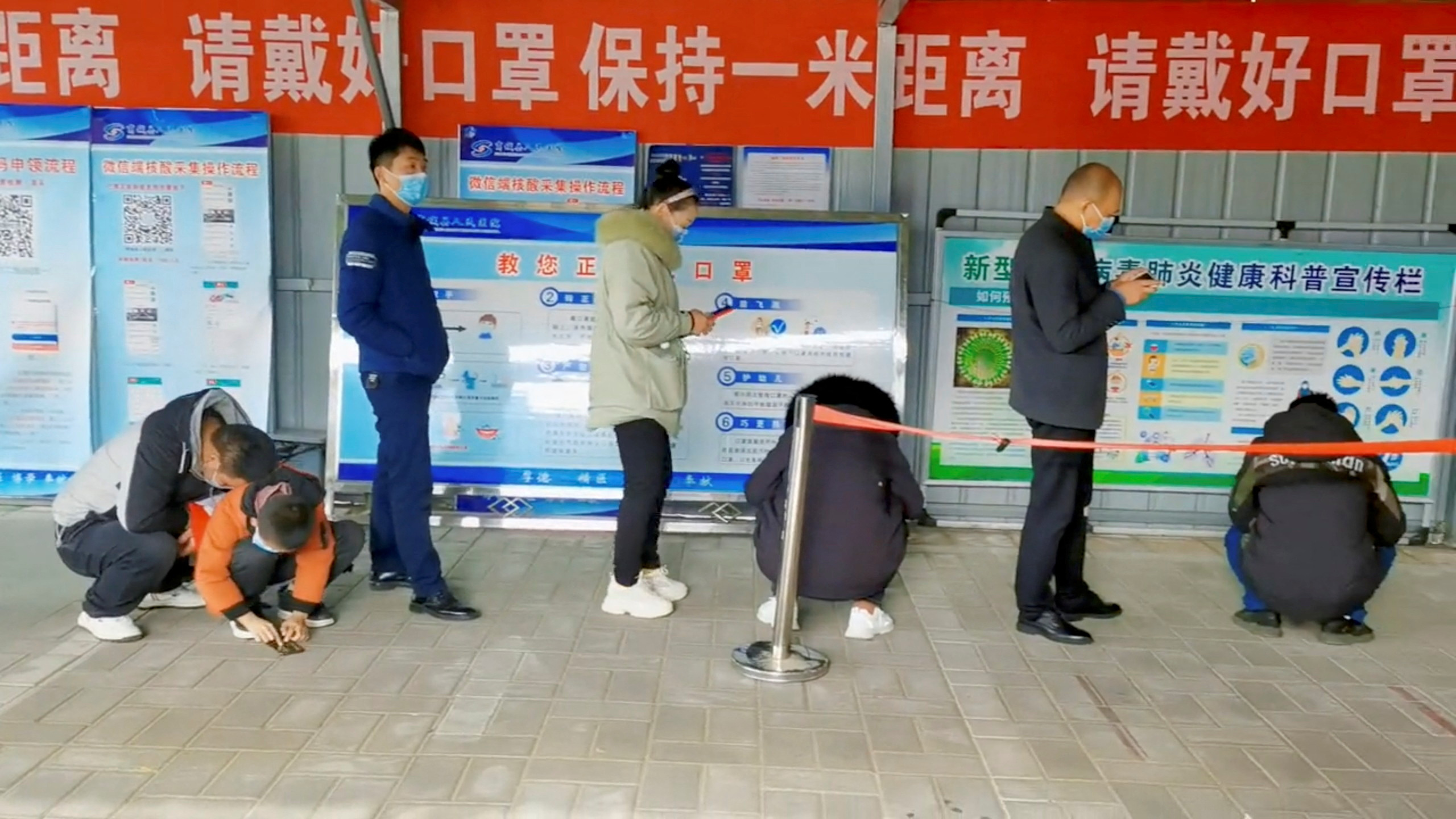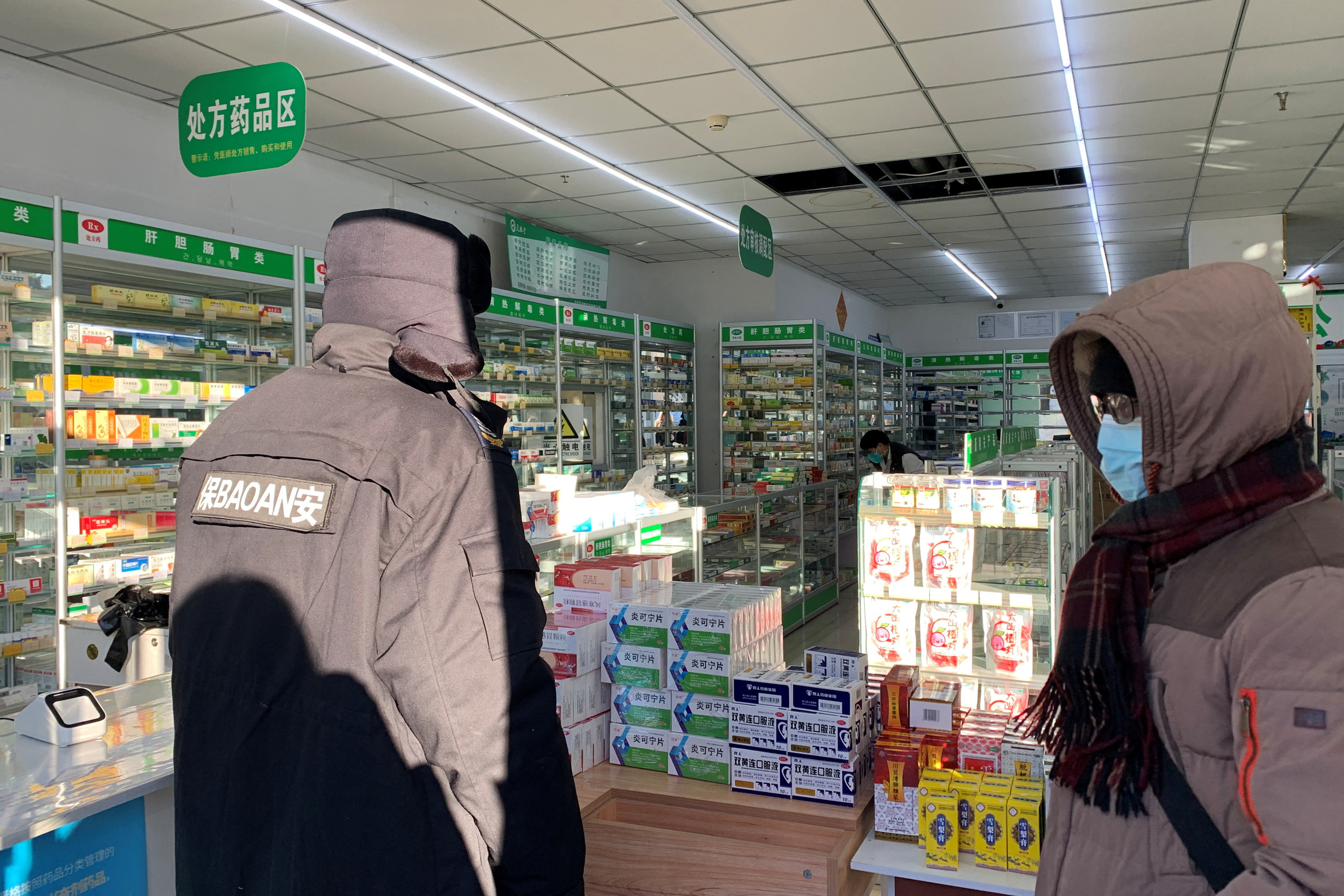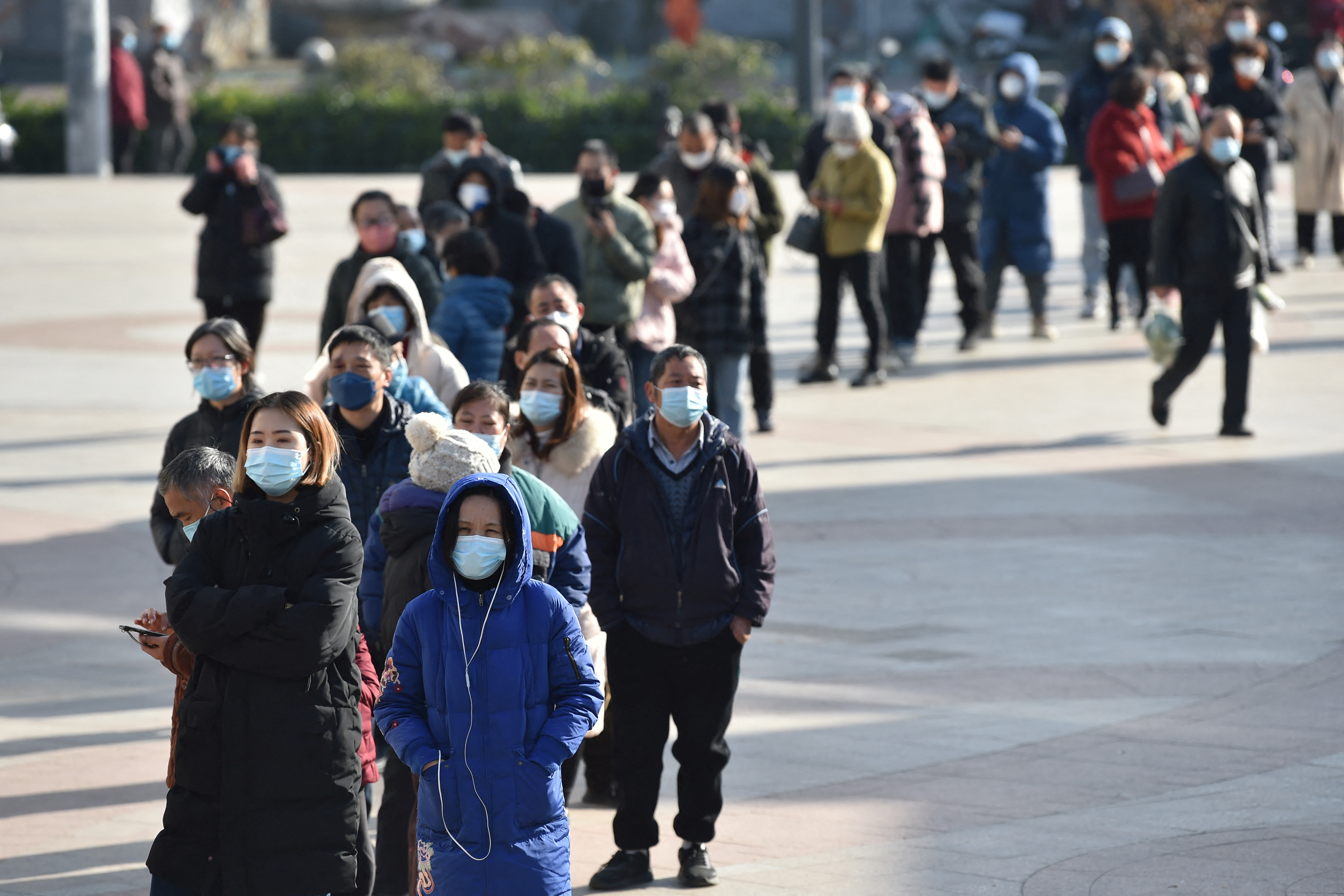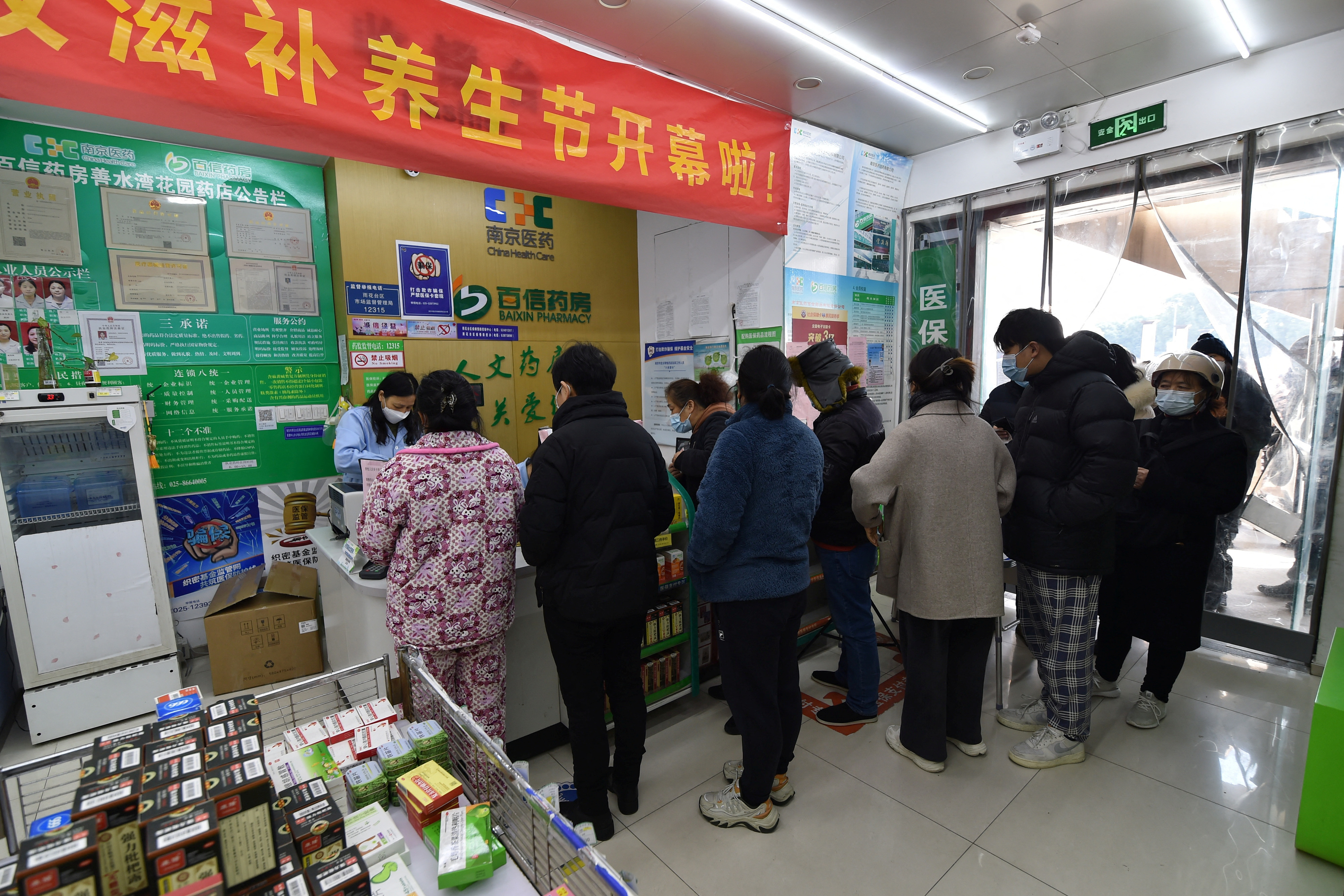China put a priority on protecting rural communities from COVID-19 on Friday as millions of city-dwellers planned holidays for the first time in years after Beijing abandoned its stringent system of lockdowns and travel curbs.
China’s move last week to start aligning with a world that has largely opened up to live with the virus, followed historic protests against President Xi Jinping’s signature ‘zero-COVID’ policies designed to stamp out COVID.
But the excitement that met this dramatic u-turn has quickly given way to concerns that China is unprepared for the wave of infections to come, even though officials have been trying to downplay the dangers posed by the less severe new COVID strain.
China reported 2,157 new symptomatic COVID-19 infections for Dec. 15 compared with 2,000 a day. The official figures, however, have become less reliable as testing has dropped. It also stopped reporting asymptomatic figures on Wednesday.
There is particular concern about China’s hinterland in the run up to China’s Lunar New Year holiday starting on Jan. 22.
Rural areas are likely to be inundated with travellers returning to their hometowns and villages, which have had little exposure to the virus during the three years since the pandemic erupted.
China’s National Health Commission on Friday said it was ramping up vaccinations, especially for the elderly, and building stocks of ventilators, essential drugs, and test kits in rural areas.
Mainland China’s international borders remain largely shut, but recent decisions to abandon testing prior to domestic travel and disable apps that tracked people’s journey history have freed up people to move around the country.
Multiple cities including the capital Beijing and those in the southwest Sichuan, central Hunan and eastern Zhejiang and Anhui provinces have also opened new vaccination sites to encourage the public to take booster shots, the state-run Global Times newspaper reported.
“Go all out” was the message from China’s state asset regulator in a statement late Thursday that urged government-owned drugmakers to ensure supplies of COVID-related medicines.
On the streets, there are increasing signs of chaos during China’s change of tack – including long queues outside fever clinics, runs on medicines and panic buying across the country.
SF Express (002352.SZ)
, one of China’s largest courier services, said on its official WeChat account that it sent in workers from across the country to keep deliveries going in Beijing amid staff shortages and soaring demand.
It also said it had started a “fast track” for emergency shipments such as medicines and daily necessities, with demand in the capital 300% above normal levels in recent days.
The COVID scare in China also led people in Hong Kong, Macau and in some neighbourhoods in Australia to go in search for fever medicines and test kits for family and friends on the mainland.
For all its efforts to quell the virus since it erupted in the central city of Wuhan in late 2019, China may now pay a price for shielding a population that lacks “herd immunity” and has low vaccination rates among the elderly, analysts said.
That has dented the prospects for any near-term rebound in growth, even if the opening up should eventually revive the world’s second largest economy.
JP Morgan on Friday revised down its expectations for China’s 2022 growth to 2.8%, which is well below China’s official target of 5.5% and would mark one of China’s worst performances in almost half a century.
China is bracing for “a transitional pain period”, analysts at the bank said, adding they expected infections to spike in the months after the Lunar New Year holidays before the economy starts to recover in the middle of 2023.
Investors are also waiting to hear about government plans to revive the ailing economy.
President Xi, his ruling Politburo and senior government officials are holding their annual Central Economic Work Conference this week, according to three sources with direct knowledge of the matter.
State media, however, have been unusually silent about the meeting and Bloomberg reported earlier this week that the start of the conference had been delayed due to surging infections in Beijing.
Related Galleries:






